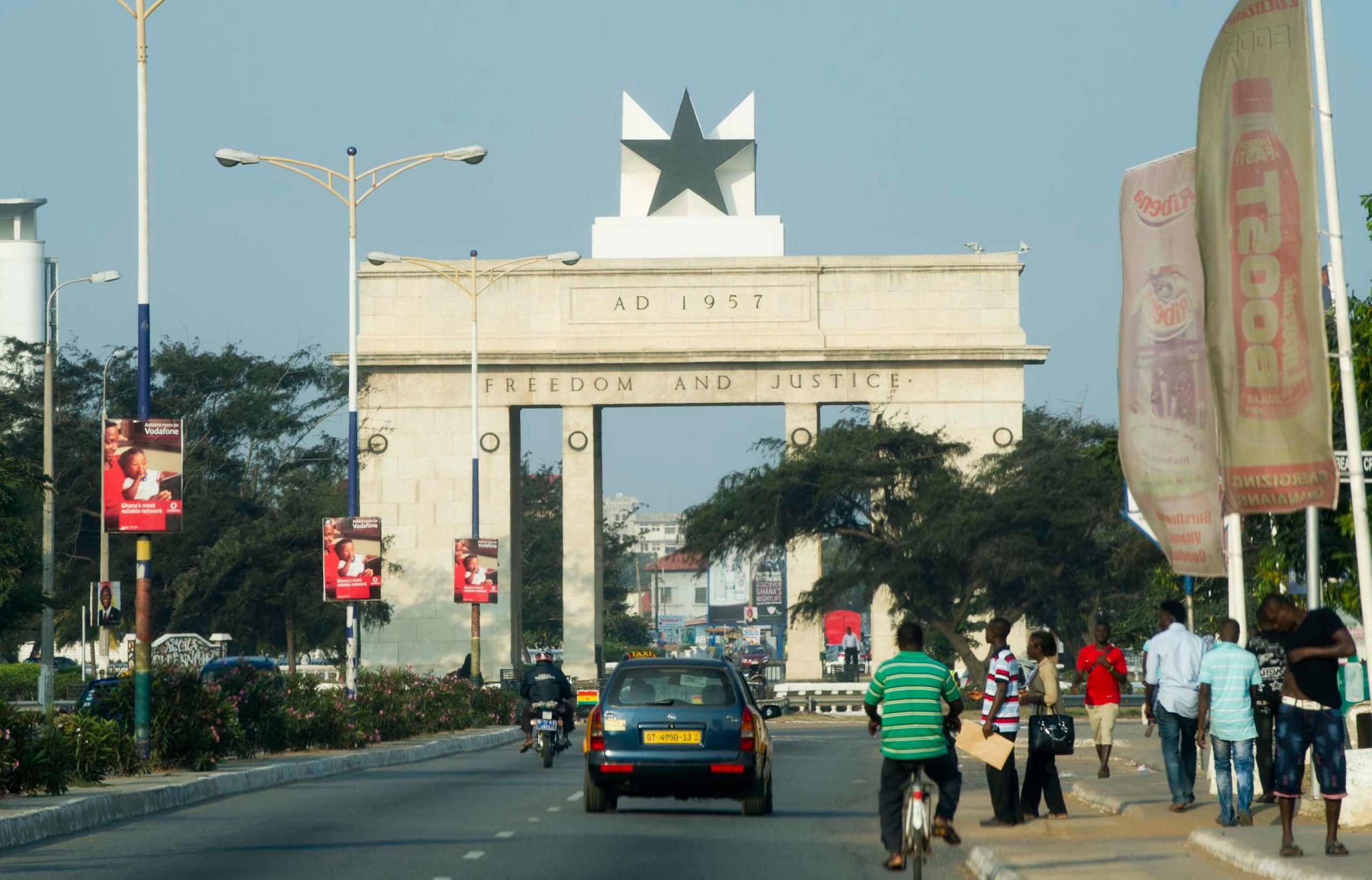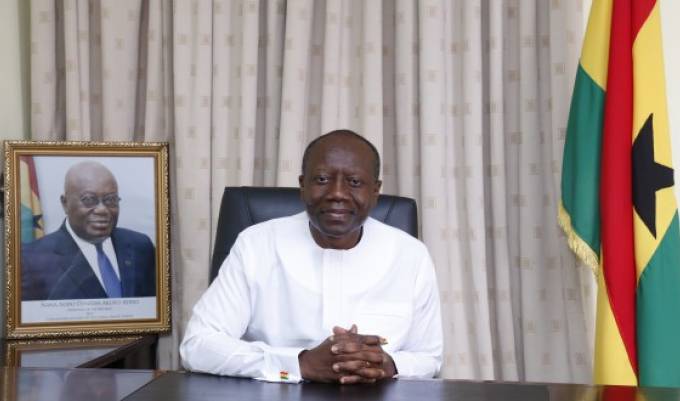
“What’s a king to a godMC?” asked M.anifest, as he replied to one of Ghana’s talented musical artists, Michael Owusu Addo, popular known as Sarkodie, in an artistic media duel framed by many as ‘Clash of the Titans’. The two Ghanaian rap artists, Michael Owusu Addo and Kwame Ametepe Tsikata (alias M.anifest), created a media circus in the week ending July 1, 2016 with each other claiming superior lyrical skills. Amid the media cacophony of Abu Ramadan’s Supreme Court case and public outcry over ECG meters, the apparent showdown between these two rappers seemed nothing short of a welcomed distraction for many, especially their fans and consumers of hiplife music. But looking beyond the former’s derogatory reference to a Ghanaian textile brand and the latter’s condescending retort, a more profound examination of the entire ‘cantata’ does reveal a weak alignment between the arts and Ghana’s broader economic development agenda. This is the analytical angle I wish to present in this short article.
GTP and Related Matters
In all of this puerile show of youthful exuberance, Sarkodie’s derogatory reference to GTP textiles became a contentious issue due to its implications for brand damage. Tex Styles Ghana Limited, the company that uses GTP trading name, is a successful Ghanaian textile company that controls significant portion of the wax print market. Regarding issues related to its unfavorable brand mention, apologies have flown back and forth and so my analysis would look beyond it to assess the broader issues of cultural mindset as a barrier to Ghana’s trade policy of import substitution.
For many, the derogatory reference was a Freudian slip that betrays a wider problem; a certain cultural preference for imported exotic clothing brands to local ones. Barely two months ago, in another similar incident, one rapper, Chris Waddle, was reported to have spent $1,490 and $925 on a Balmain Biker Jeans and Giuseppe Zanotti Sneakers respectively, in a bid counter an alleged fake Adidas outfit worn by Shata Wale, the opposing figure in the personal feud over a tagline that each claimed to be their intellectual property. What these lovers of ‘luxury-brands’ don’t realize is that, every dollar spent on imported clothes is a dollar spent creating jobs for others and causing unfavorable trade balance (2014: GH¢304.5m; 2015:GH¢1.3b) while putting downward pressure on the Cedi. Figure 1 shows Ghana’s import trends for textiles compared to exports. Since 2011, import of textiles and related articles has grown by 98.9% compared to a 73.1% decline exports of Textiles and related articles.
Fig. 1

Within the same period, importation of used clothing (‘broni w3wu’) and related articles amounted to GH¢884.2m (see Digest of International Trade Merchandize Statistics – 2015, p.5).
To reverse this trend, it is absolutely essential that those at the forefront of driving the made-in-Ghana campaign, take a broad view of how celebrity endorsements impact consumer adoption of local brands and to integrate same (celebrity endorsements) within the strategy mix.
Arts & Entertainment – A case for Disaggregation in GDP Accounting
In 2010 Ghana realized a 60.3% upward revaluation of its Gross Domestic Product (GDP) by rebasing the economy using the 1993 System of National Accounts (SNA 93) as compared to SNAP 68 for computing values with 2006 as base year. Although the rebasing was motivated by improvement in more quality data sources and improvement in methodology, some argue that the Service sector disaggregation did not go far enough. For instance, Finance, Insurance, Real Estate and Business Services under SNA 68 classification was disaggregated into distinct sub-sectors under SNA 93 after rebasing. It is not clear whether the Arts and Entertainment sector is classified under ‘Business Services’ in our current GDP accounting. Why is this important? Two reasons. First, sector accounting would enable us track growth patterns in the Arts and Entertainment industry, which undoubtedly has grown tremendously in the last 10 years, and would also provide insights into the sector’s contribution to output growth and youth employment. Secondly, the music and entertainment industry in Ghana, having grown rapidly over the years presents a compelling case for value recognition in national accounting. With revenue streams increasingly becoming structured, industry expenditure data should be relatively easier to collect than before. When Nigeria rebased its economy using 2010 as base year, it expanded its scope of measurement from 33 to 46 industries. Some of the new additions were Nollywood. Recognizing and measuring hitherto non-traditional markets helped revalue Nigeria’s GDP upwards by 89.2%. It is now easier from an accounting perspective to assess the contribution of Nollywood to Nigeria’s GDP.

Goal Alignment
Arts and Entertainment in Ghana, especially Hiplife music, has become a fulcrum for youth economic empowerment and holds immense potential for promoting local brands in an increasingly global market place. It’s easier now than 25 years ago, to have 25 year olds earning substantial annual income from concert shows, merchandise sales and product endorsements. If properly structured, Ghana can take advantage of sector dynamics to drive youth employment, retail trade and related services. This requires close collaboration between industry associations, regulatory agencies, public policy managers and the artists themselves. This the reason why influential figures such as Sarkodie and M.anifest must spend their creative energies on driving a bigger agenda rather than engaging in petty artistic battles.
Author: Nkunimdini Asante-Antwi
n.asante-antwi@ruralheights.org







